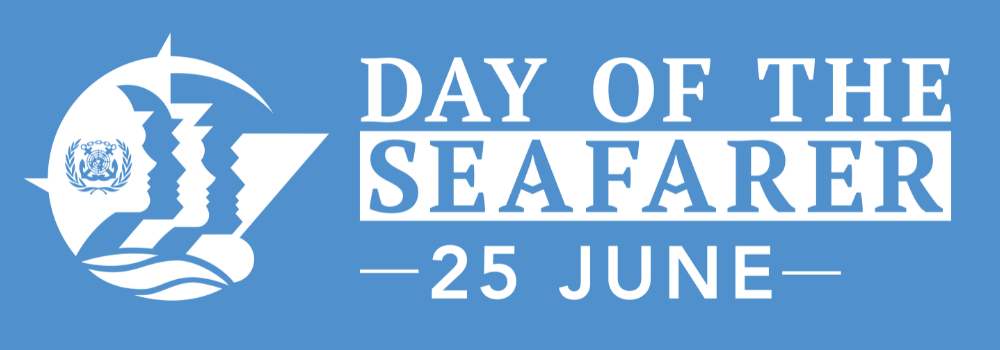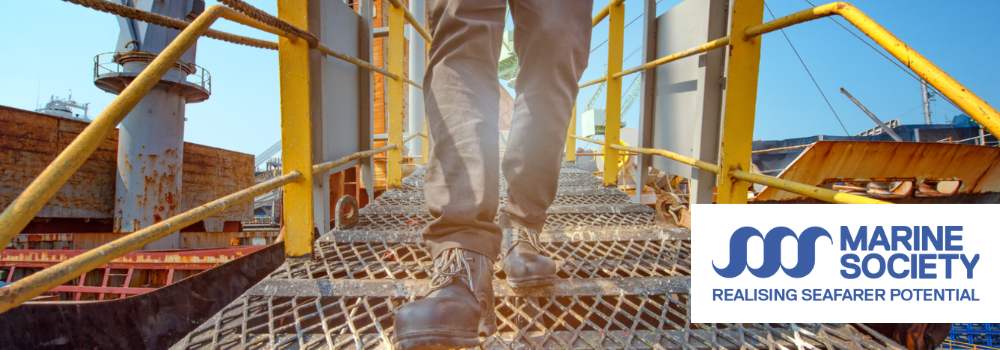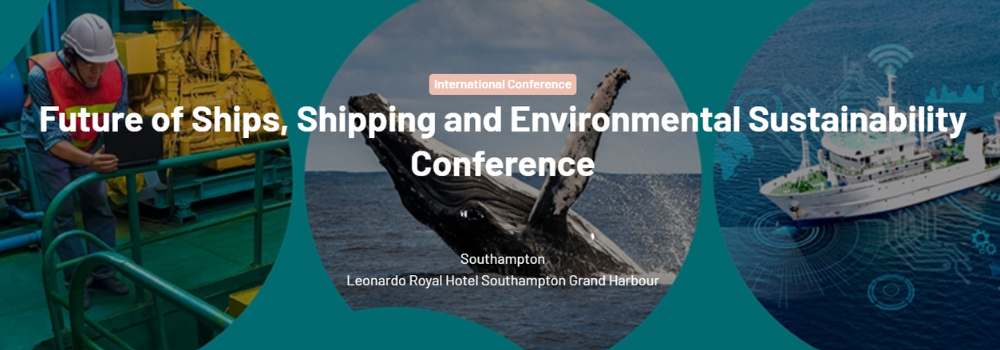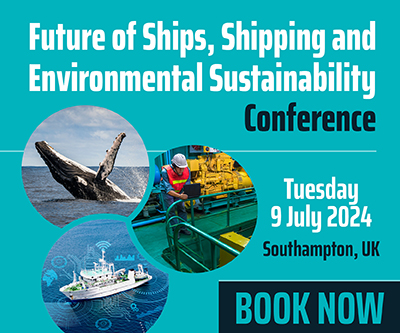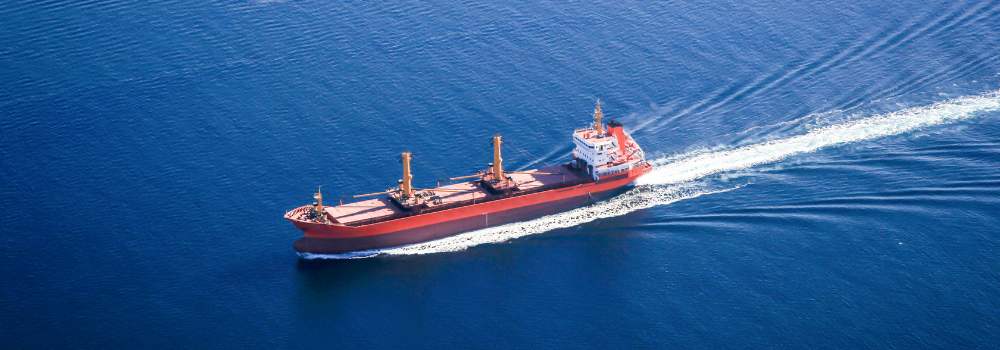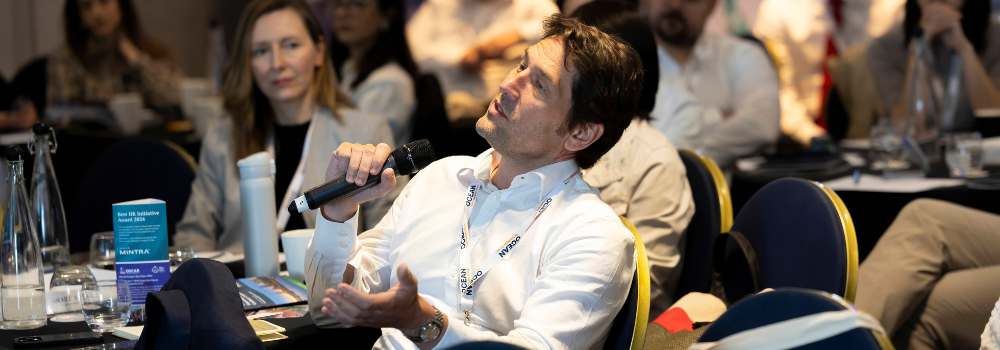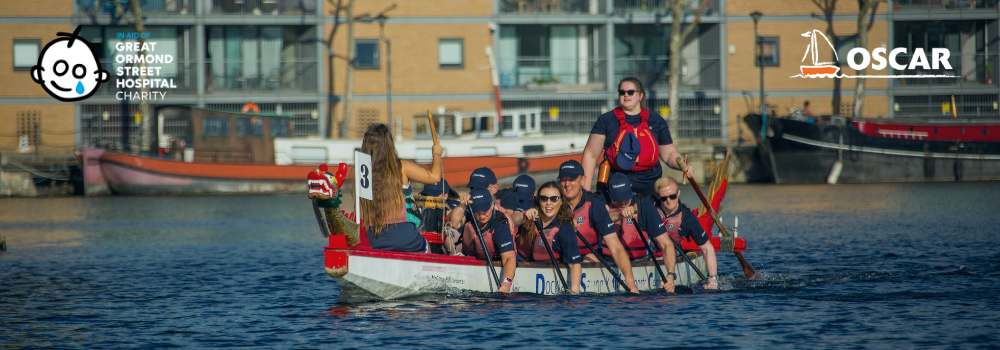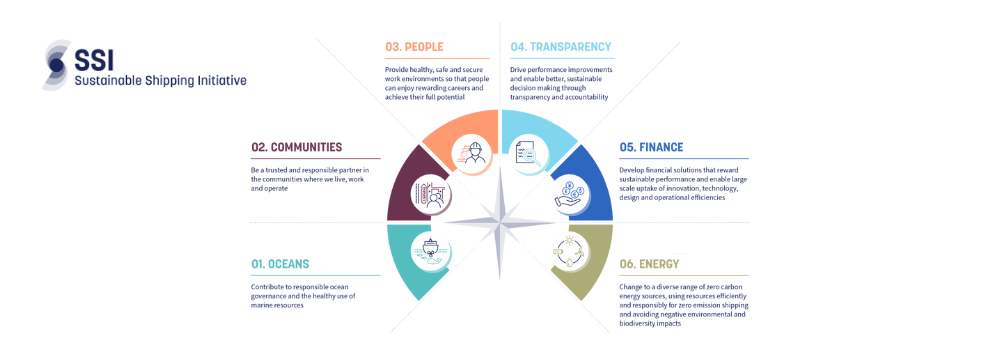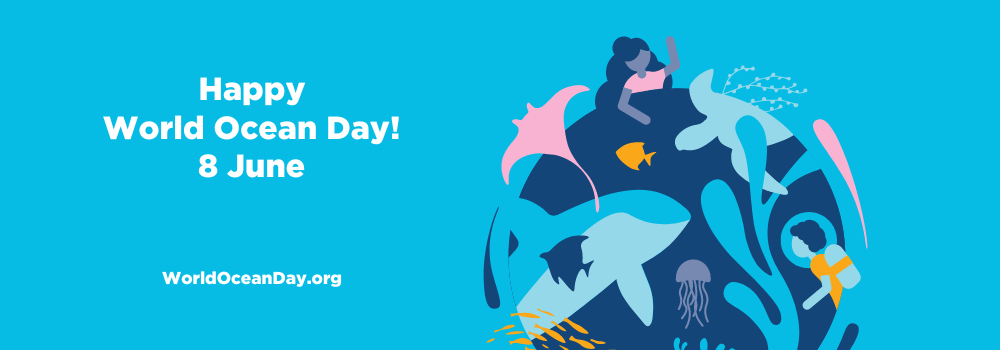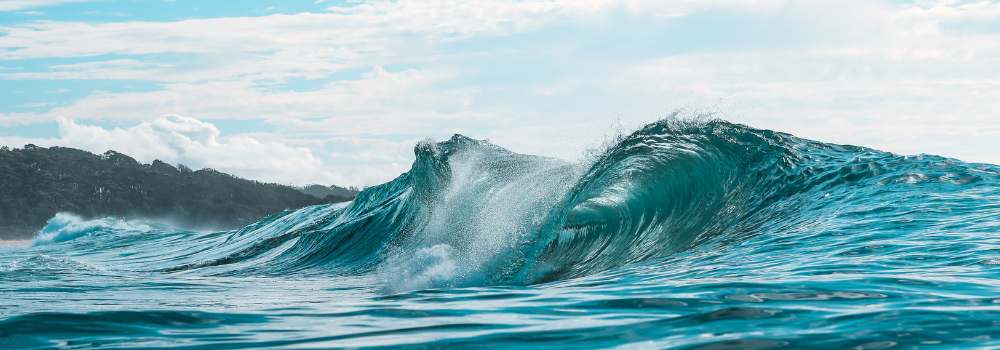To celebrate this year’s Day of the Seafarer, we wanted to hear from many different points of view; from employers, ex-seafarers, and experts in their field on the world of being at sea.
We asked them the following questions, and here is what they had to say…
Adam Parnell
Director, CHIRP Maritime
What is most attractive about a career at sea?
There is something magical about watching a sunrise while at sea. But it wasn’t just the travel and professional opportunities that attracted me to a career at sea: I loved meeting and working with fellow seafarers drawn from many countries, communities, and cultures.
What do you think are the biggest challenges seafarers are facing today?
There is a revolution happening in shipping: novel fuels, automation and the introduction of AI will have significant impacts over the next 2 decades. It’s an exciting, but challenging, time. The ability for training to keep pace is a major challenge facing us all.
What are the biggest challenges you are seeing in regard to recruitment and retention of seafarers?
Uncertainty about the future is impacting recruitment, particularly because people are concerned about being able to access the training on new and future systems.
What advice would you give to young people who are looking to start a career at sea?
Just do it! This is a time of much change, which means that there are many opportunities. But be aware of potential risks and do not be afraid to say “No” to anything that is unsafe, no matter what pressure you are under.
Anonymous
Director of Crewing
What is most attractive about a career at sea?
There are several aspects that can make a career at sea an attractive option for many people:
1) Adventure and Exploration: Seafaring offers the opportunity to visit diverse destinations and explore different parts of the world. The ever-changing environment and dynamic nature of the job can provide a sense of adventure and excitement.
2) Skill Development: Seafaring roles require the development of a wide range of technical, problem-solving, and leadership skills.
3) Financial Incentives: Seafaring jobs often provide competitive salaries and benefits and the ability to save money due to low living expenses while at sea can be an attractive financial aspect.
What are the biggest challenges you are seeing in regard to recruitment and retention of seafarers?
The biggest challenges in regard to recruitment and retention of seafarers include:
1) Shortage of skilled and experienced seafarers: The maritime industry is facing a significant shortage of qualified seafarers, particularly for senior officer positions. This is due to an aging workforce, with fewer young people choosing seafaring as a career.
2) Unattractive working conditions: Long periods away from home, isolation, and demanding work schedules make seafaring an unappealing career choice for many. Limited career progression opportunities and lack of work-life balance also contribute to retention issues.
3) Competitive job market: Seafarers are in high demand, and they can often find better pay and benefits in shore-based jobs or other industries. This makes it challenging for shipping companies to attract and retain talented seafarers.
4) Training and certification challenges: The cost and time required to obtain necessary maritime certifications and training can be a barrier for potential seafarers.
5) Regulatory and compliance requirements: Stricter regulations, such as those related to environmental standards and crew welfare, add complexities and costs for shipping companies.
What advice would you give to young people who are looking to start a career at sea?
Here is the advice I would give to young people looking to start a career at sea:
1) Understand the realities of seafaring: Recognize that life at sea can be physically and mentally demanding, with extended periods away from home.
2) Obtain the proper education and training: Pursue a formal maritime education program, such as a degree or diploma in nautical science, marine engineering, or related fields.
Obtain the necessary certifications and licenses required for the specific seafaring role you wish to pursue.
3) Gain practical experience: Look for opportunities to gain hands-on experience through cadet programs, internships, or entry-level positions. This will help you develop the skills and knowledge needed to succeed in a seafaring career.
4) Build a strong work ethic and teamwork skills: Develop a positive attitude, good communication skills, and a willingness to learn from experienced seafarers.
5) Explore career advancement opportunities: Seek out training and mentorship programs that can help you progress to higher-level positions, such as officer or management roles at sea and ashore.
6) Prioritize your well-being and work-life balance: Recognize the importance of maintaining good physical and mental health while at sea.

